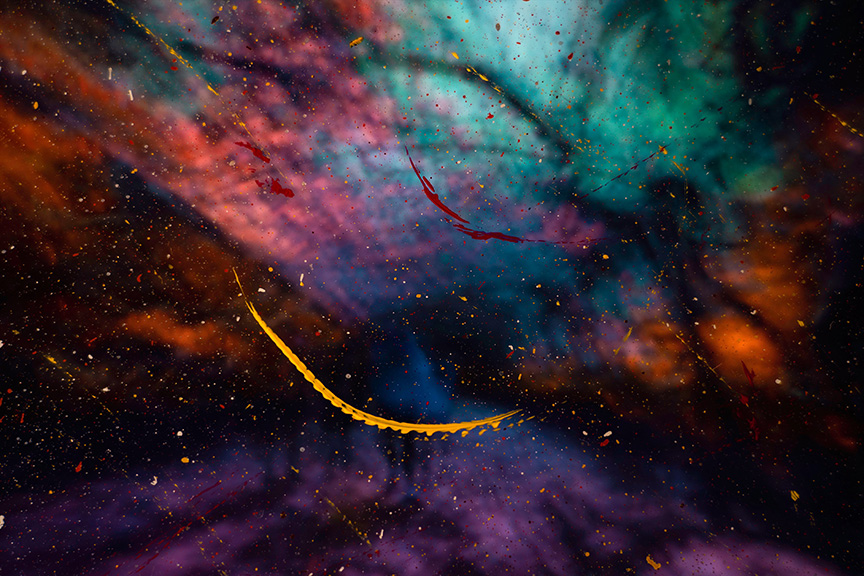‘What is the world that you would bet on in the year 2070?” I asked the two hundred people from First United Methodist Church participating in a Futures Lab on Saturday afternoon. “What will the world look like? What will we be doing? How will we trade goods? How will we connect with one another?” I continued.
I gave them twenty minutes to imagine possible futures and discuss in small groups. They start timidly sharing ideas. Because I have chosen a date so far in the future, they can’t possibly make educated guesses. No one is an expert. They have to dig deeper within themselves and use their imaginations. They have to wonder about the story they tell themselves about the future.
“There is no right answer,” I assure them. No one owns the future. It hasn’t happened yet. But we make decisions every single day of our lives based on stories we tell ourselves about the future. Rarely do we wonder about those stories. Rarely do we question the assumptions behind them.
The groups with the greatest diversity have the most interesting answers. One young man in his early teens assumes that climate change will have decimated much of life as we know it. So he sees a future where he will need to fix that to survive. A young woman in her twenties working in tech sees a world that no longer uses money; everything is digitalized, and currency is tracked in the blockchain. A recently retired executive fears that we are headed for WWIII. A community activist suggests we are creating a more peaceful world by facing into our racist past. The ideas flow, all of them opening our minds and hearts to worlds we fear and worlds we would love to create.

Then I asked them, “Based on the world that you would bet on, what is the future of spirituality in THAT world?” Now the conversation flies. The energy in the room electrifies. Imagining the future of spirituality fifty years from now without the trappings of our current context? What fun!
Ideas start to flow…
- We will meet in much smaller “house” congregations
- Denominations won’t exist
- We will be more based in nature
- Our rituals will be more family-centered
- We won’t need a building
- We will need a building
- We will use our building as a community hub for social services
- We will use our building as a refuge from a scary world
- We will recognize many sacred texts
- We will double-down on Bible/Torah study
- We will be a congregation of many faiths, backgrounds and beliefs
- We will be a congregation of one clarified faith…
The futures we can imagine are as diverse as the people in the room, which creates a rich tapestry of provocative content. You can see the question form in each person’s mind as they listen, “What if…” What if we created that future? It’s that question that marks the threshold of deep discernment and prophetic visioning.
Our vision for the futures of congregations is limited only by a poverty of imagination within ourselves and our systems. We must all become “future literate,” using our imaginations to explore possible futures to see opportunities in our present. When we can see more clearly where we wish to go, our priorities and focus in the present become obvious.
Perhaps this is why I find Futures Labs such powerful experiences for individuals and congregations. Congregations and denominations all want to know: What is the future of congregational life? What is the future of spirituality? In a Futures Lab, we get to explore exactly that.
I’ve now led dozens of Futures Labs with groups from around the world. Every single time, the experience changes those of us who participate for the better. If your congregation is discerning its future and finds this moment to be particularly challenging, consider working with us to host a Futures Lab. It’s the most powerful practice I know to ensure the decisions you make today align with the congregation you wish to be tomorrow.

